Louis Pasteur
Early Life and Education
Louis Pasteur was born on December 27, 1822, in Dole, Jura, in the region of Franche-Comté, France. His father was a tanner by trade, a hard-working man of modest means. Pasteur's early education was average; he was not a standout student during his years of primary education. However, his potential was later recognized by his headmaster, who recommended him for the École Normale Supérieure, a prestigious higher education establishment that trained teachers.
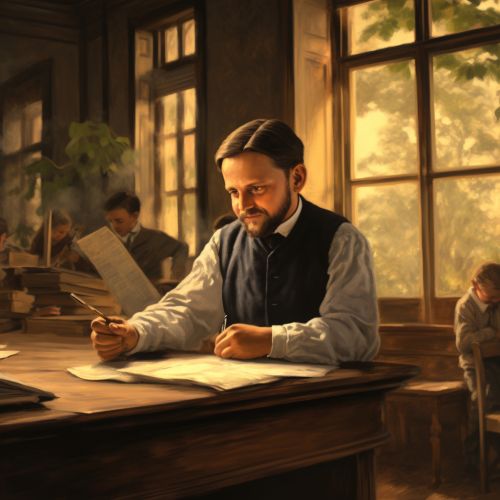
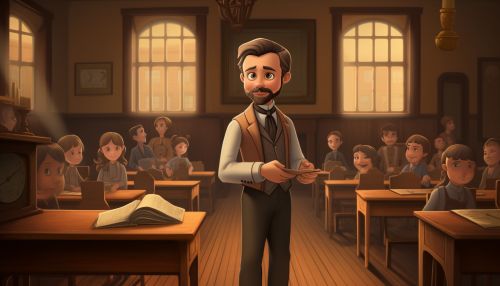
At the École Normale Supérieure, Pasteur studied under renowned chemists such as Jean-Baptiste Dumas and Michel Eugène Chevreul. He earned his Bachelor of Science degree in 1842 and his doctorate in sciences in 1847.
Career and Research
Pasteur began his scientific career as a professor of chemistry at the University of Strasbourg, where he met and married Marie Laurent in 1849. They had five children, only two of whom survived to adulthood. This personal tragedy kindled in Pasteur a lifelong interest in the causes of disease.
In 1854, Pasteur was appointed professor of chemistry and dean of the new faculty of sciences at University of Lille, where he began his work on fermentation. He discovered that fermentation was caused by microorganisms and that different types of fermentations were due to different types of microorganisms. This was a significant contribution to the field of microbiology.
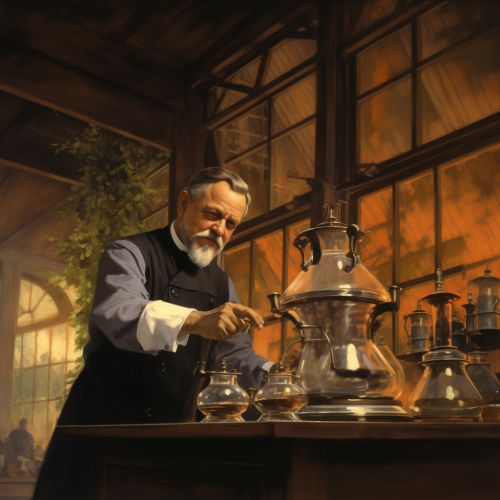
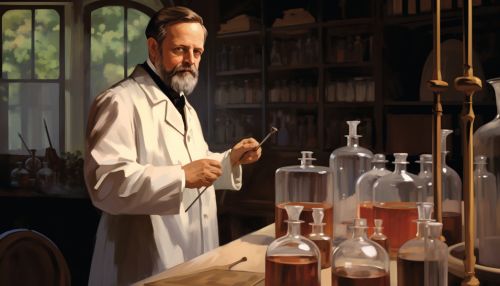
In 1865, Pasteur was called upon to help solve a problem affecting the silk industry in southern France. He discovered that the disease affecting silkworms was caused by a microorganism and that the disease could be prevented by eliminating the microorganisms. This was a significant application of his germ theory of disease.
Pasteur's most famous work, however, was on the development of vaccines. He developed the first vaccine for anthrax in 1881 and the first vaccine for rabies in 1885. His work on vaccines laid the foundation for the field of immunology.
Legacy and Impact
Pasteur's work has had a profound impact on medicine, industry, and agriculture. His germ theory of disease revolutionized medicine, leading to the development of hygiene practices in hospitals. His work on vaccines has saved countless lives. His work on fermentation has had significant applications in the food and beverage industry.
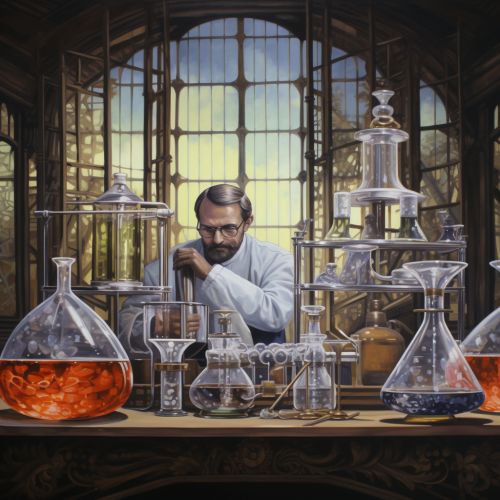
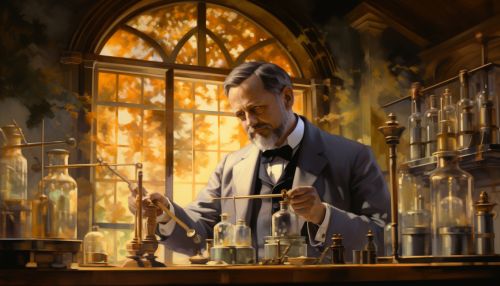
Pasteur's legacy extends beyond his scientific achievements. He was a man of deep faith and believed in the harmony of science and religion. He was also a man of great humility and believed in the power of hard work and determination.
